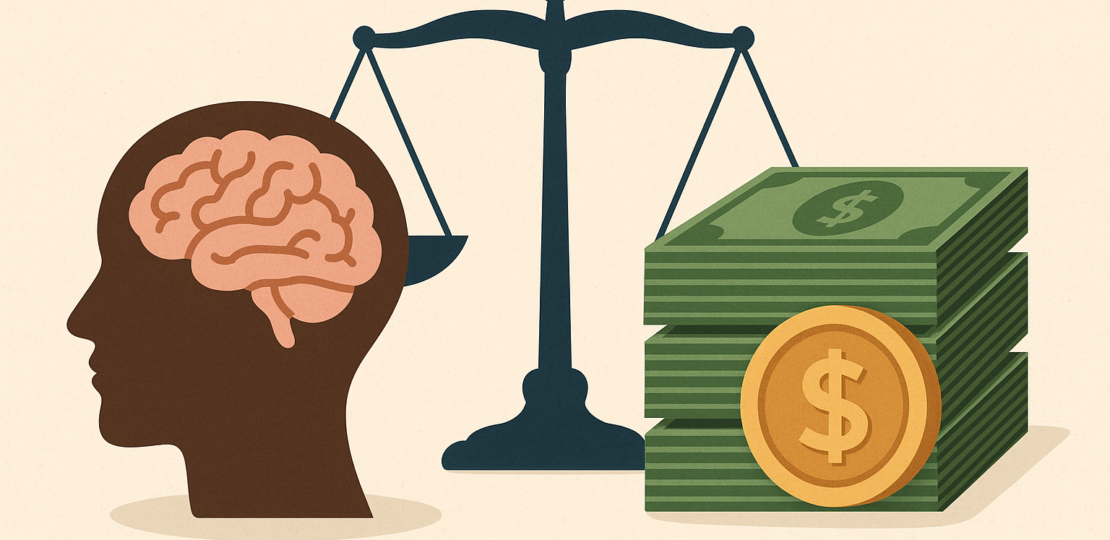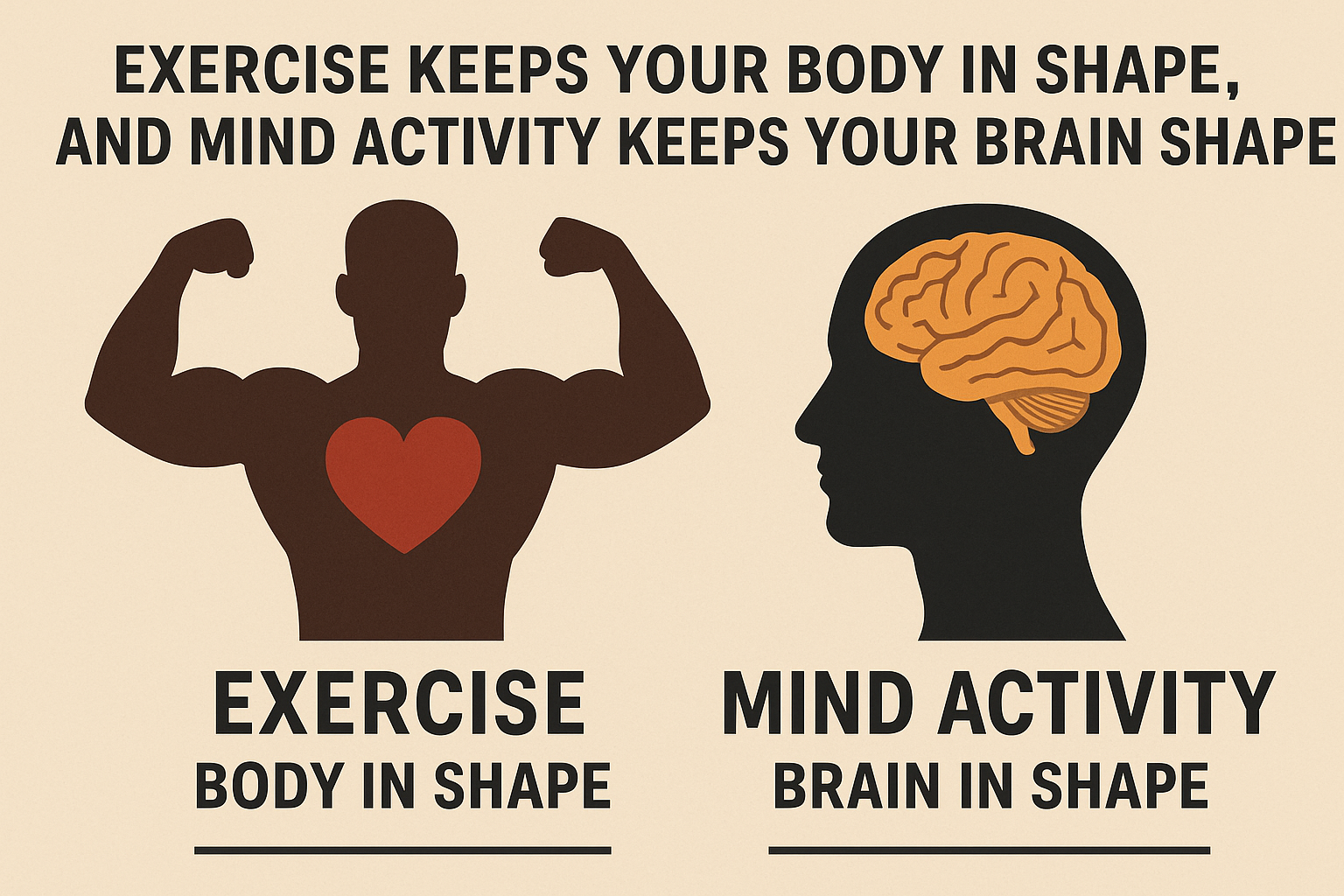The Intricate Interplay Between Mental Health and Wealth
June 30, 2025 | by Pushpita

Have you ever noticed how money can affect your mood? Or how feeling anxious or depressed can make it harder to earn, save, or even manage your money? That’s because mental health and wealth are deeply connected—they influence each other in ways we don’t always realize.
In this blog, we’ll explore how your financial situation can affect your mental health and how your mental well-being can, in turn, affect your financial decisions and stability.
1. How Money Affects Mental Health
Let’s start with how wealth—or the lack of it—can impact our mental well-being.
➤ Financial Stress Leads to Mental Stress
Imagine not knowing how you’ll pay your rent this month or worrying about mounting credit card debt. These types of financial worries can lead to:
- Anxiety (constantly feeling nervous or worried)
- Depression (feeling sad, hopeless, or low on energy)
- Insomnia (trouble sleeping because your mind won’t stop racing)
- Low self-esteem (feeling like a failure because you’re struggling financially)
This stress can become chronic, meaning it doesn’t go away and can lead to even more serious mental health problems over time.
➤ Comparison Adds Pressure
In today’s social media world, people often compare themselves to others. Seeing someone on Instagram buying a new car or vacationing abroad can make someone with less money feel inadequate, left out, or “behind in life,” even if they are doing okay.
2. How Mental Health Affects Wealth
Now let’s flip the coin. How does your mental health impact your ability to manage money?
➤ Poor Mental Health Can Lead to Poor Financial Decisions
When you’re feeling low or anxious, your brain doesn’t always function at full capacity. It becomes harder to:
- Plan ahead
- Budget properly
- Save consistently
- Avoid impulsive purchases
For example, someone who is depressed may do “emotional spending”—buying things just to feel better in the moment. Someone with anxiety might avoid checking their bank account out of fear, allowing bills to pile up.
➤ Lack of Motivation Can Hurt Your Income
Mental health conditions can also affect job performance. It might be difficult to wake up for work, meet deadlines, or stay focused. Over time, this can lead to losing a job, getting passed over for promotions, or not being able to work at all.
3. The Vicious Cycle: When One Feeds the Other
When money problems cause mental health issues, and those issues make money problems worse, it creates a vicious cycle.
Here’s what that might look like:
- You lose your job → Feel depressed → Lose motivation → Don’t search for a new job → Start borrowing money → Fall into debt → Feel worse.
- Or, you’re dealing with anxiety → Avoid dealing with bills → Late fees add up → More stress → Anxiety worsens.
Breaking this cycle is hard, but not impossible.
4. Wealth Doesn’t Always Mean Good Mental Health
You might think, “If I had a lot of money, I’d never be unhappy.” But that’s not always true.
Even wealthy people can suffer from anxiety, depression, or burnout. In fact, managing large amounts of money can bring its own set of pressures—fear of losing it, dealing with taxes, or feeling isolated because people treat you differently.
So while having money can reduce some problems, it doesn’t automatically mean peace of mind or happiness.
5. How to Maintain Both Mental Health and Financial Health
Here are some practical steps to take care of both your mind and your money:
🧠 For Mental Health:
- Talk to someone. A therapist or even a trusted friend can help.
- Practice mindfulness. Meditation, journaling, or simply deep breathing can reduce stress.
- Exercise regularly. It improves mood and boosts confidence.
- Take breaks. Don’t let work or money worries consume you 24/7.
💰 For Financial Health:
- Create a budget. Knowing where your money goes helps you feel more in control.
- Save a little, regularly. Even small amounts add up and provide security.
- Set realistic goals. This keeps you motivated and focused.
- Avoid emotional spending. Try writing down how you feel before making a big purchase.
Final Thoughts
The link between mental health and wealth is real and powerful. One affects the other in both positive and negative ways. Recognizing this connection is the first step to creating a balanced, healthy life.
Whether you’re currently struggling financially or mentally (or both), know that improvement is always possible. You don’t need to be rich to be mentally healthy—and with the right mindset and habits, you can work toward both financial stability and peace of mind.
RELATED POSTS
View all


